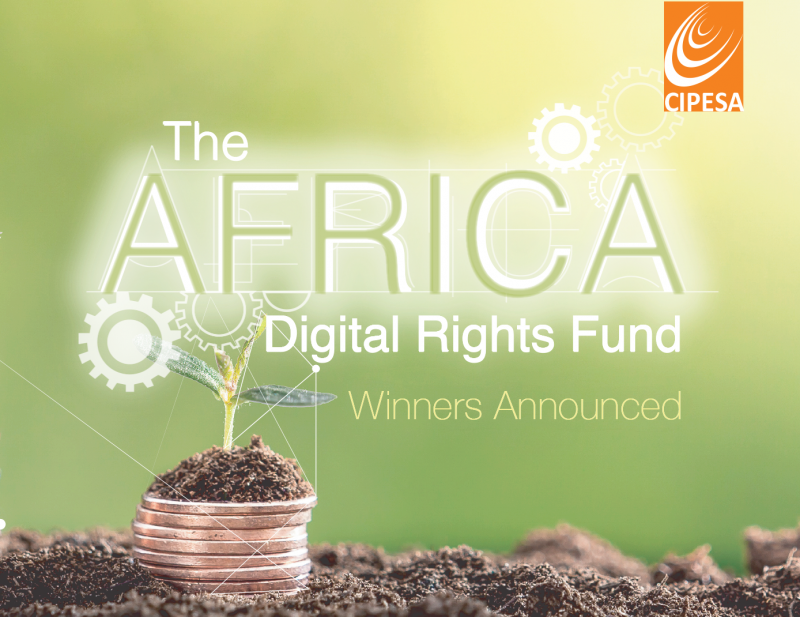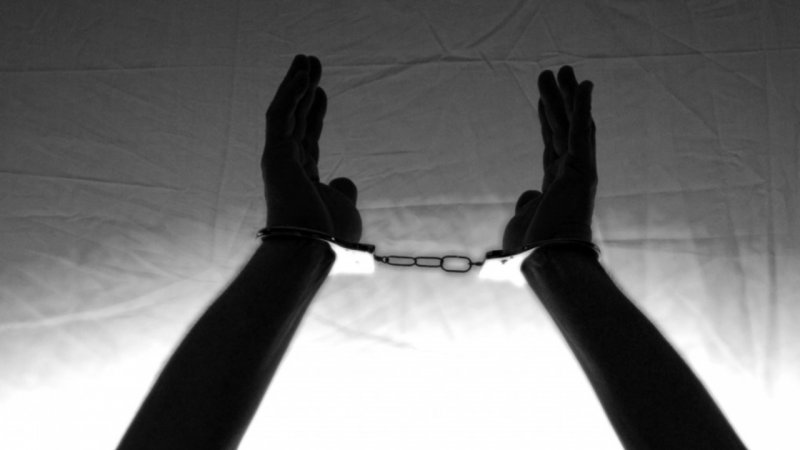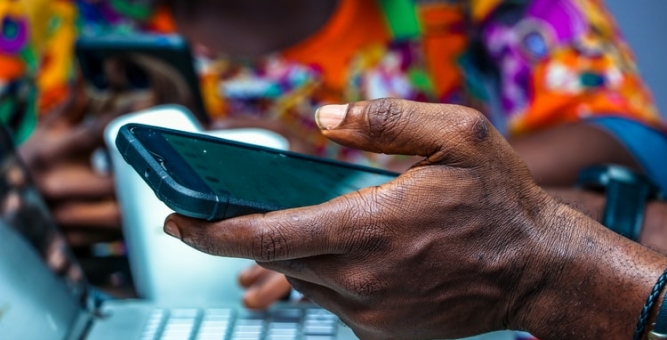FIFAfrica21 |
Set to kick off next week on September 27, 2021 and taking on a hybrid approach blending virtual and physical engagements, the Forum on Internet Freedom in Africa 2021 (FIFAfrica21) will feature six remote hubs in five countries – the Democratic Republic of Congo (DR Congo), Senegal, Tanzania, Uganda and Zimbabwe. The hubs are an opportunity to convene small in-person country engagements of no more than 30 people as permitted and guided by Covid-19 Standard Operating Procedures (SOPs) in the respective countries.
On September 30, 2021, in Entebbe, Uganda, the International Training Programme on Media Development in a Democratic Framework (ITP) has organised a Media and Information Literacy (MIL) dialogue in partnership with the Zimbabwe Centre for Media and Information Literacy and the Uganda-based Centre for Media Literacy and Community Development. Select participants in Uganda will be joined virtually by counterparts in Kenya, Namibia, Sweden, Tanzania, Zambia and Zimbabwe to explore the importance of media and information literacy in empowering citizens to navigate misinformation and disinformation; the nexus between media and information literacy and digital rights, civic engagement, and trust in the media; and the use of media and information literacy as a strategic approach for citizens to achieve the Web We Want.
Dr. Emilly Comfort Maractho, the Director of the Africa Policy Centre at Uganda Christian University, will deliver a keynote address, framing MIL and the opportunities as well as challenges it presents as a vehicle for empowering citizens to become discerning information consumers online. The Entebbe hub will also feature two panel panel discussions, which will explore how MIL is essential for citizens to claim their rights online and for digital inclusion. The second panel discussion will cover the restoration of public trust in the media and building civic competence through news literacy amidst media institutions’ viability concerns brought about by the Covid-19 pandemic.
Still in Uganda, as part of Internews ADOPTABLE Project, a digital security tool usability session in Iganga district titled The Invisible Internet will explore use case scenarios and risks. The session will also explore how developers of open source digital security tools and the users of these tools can develop sustainable relationships.
Meanwhile, in Dakar, Senegal, Jonction will host an engagement on regulation of ICT and the right of access to information, where speakers will include representatives from Facebook, University Cheikh Anta Diop University, MonUniversDigital_Sénégal and the legal fraternity. The Dakar hub builds on a similar event in 2020 which engaged stakeholders on misinformation and its impact on freedom of expression online during the Covid-19 pandemic.
On September 29, 2021, Africa Kiburi will lead a national roundtable engagement in Harare, Zimbabwe with the objective to raise awareness about minority and marginalised groups’ digital rights issues and to generate policy recommendations to feed into the Cybersecurity and Data Protection Bill which is currently before parliament. The Women’s Coalition of Zimbabwe, Gender Media Connect, Digital Society of Africa, Media Institute of Southern Africa (MISA) Zimbabwe Chapter, the Zimbabwe Gender Commission and the Zimbabwe Ministry of ICT Postal and Courier Services are among the hub’s expected participants.
Meanwhile, the Goma-based Rudi International will conduct a capacity building workshop for Members of the National Assembly of the DR Congo on the prevailing ICT policy landscape, how to champion formulation of progressive laws on privacy and data protection, and the need to ally with digital rights organisations. Taking place from September 30, 2021 to October 1, 2021 in the capital Kinshasa, the training will bring together legislators on the Telecommunications and Technology Committee, industry players and government officials working in the sector ministries and agencies. The engagements will also build the participants’ digital security knowledge and skills.
Finally, in Dar es Salaam, the NetRights Forum will be held as a two-day multi-stakeholder dialogue on internet rights and governance issues in Tanzania. It will seek to secure the government’s commitments not to entrench digital repression but to promote progressive legislative and practical reforms instead. Hosted by Zaina Foundation, this year marks the second year of a FIFAfrica hub in Tanzania. Last year, Zaina Foundation convened a remote hub to deliberate on digital rights in Tanzania with reference to the shrinking environment for advocacy work in the run up to the October 2020 general elections.
See the FIFAfrica21 agenda and speaker lineup.
Registration remains open.



